Sept 29, V7N- The killing of Sayyed Hassan Nasrallah, the leader of Hezbollah, marks a significant blow to the group's operations and structure. Nasrallah's assassination followed a series of Israeli strikes that severely damaged Hezbollah's leadership and infrastructure, suggesting deep infiltration within the group. Over the course of a week, Israeli intelligence managed to eliminate key figures, including eight out of Hezbollah's nine senior military commanders, and compromised the group’s communications and supply lines. This event has exposed vulnerabilities within Hezbollah, a paramilitary group backed by Iran.
In addition to targeting its leadership, Israel has reportedly destroyed a portion of Hezbollah's missile stockpiles, significantly weakening its military capacity. Hezbollah is now facing challenges not only in leadership but also in replenishing its weapons, as Israeli strikes continue to target supply routes in Syria and Lebanon. Iran, while providing logistical support, has been cautious about direct involvement, though reports indicate it was preparing to send additional missiles to Hezbollah.
The assassination of Nasrallah underscores the effectiveness of Israeli intelligence and the ongoing conflict between Hezbollah and Israel. Despite the setbacks, Hezbollah is expected to regroup, with Nasrallah's cousin Hashem Safieddine tipped as his likely successor. However, the group's capacity and morale have been notably damaged in recent days.
END/WD/RH/



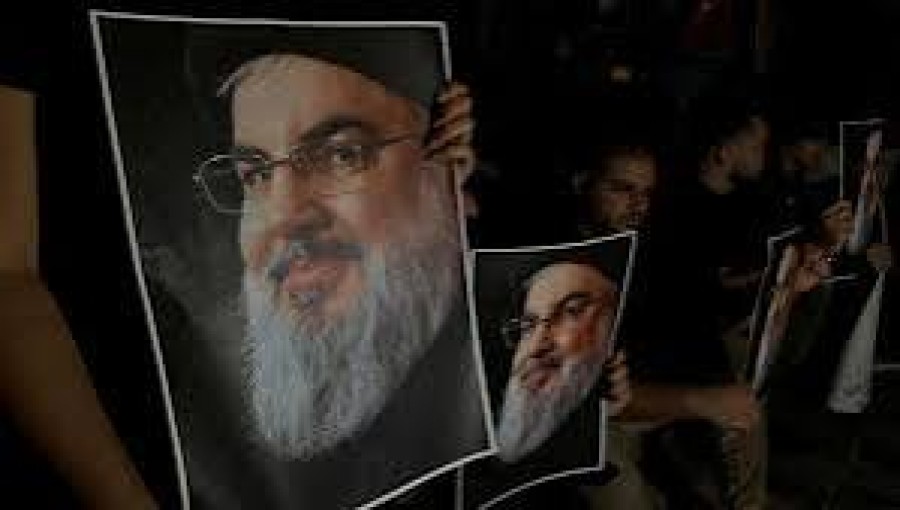
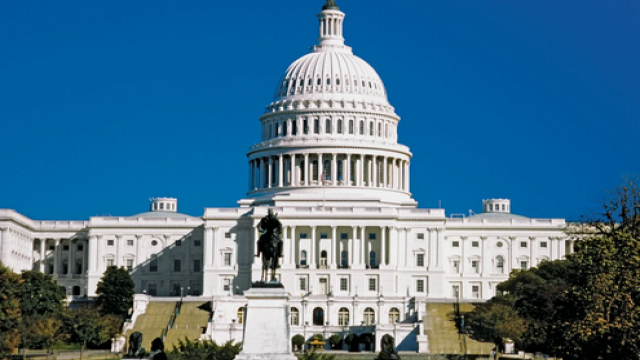
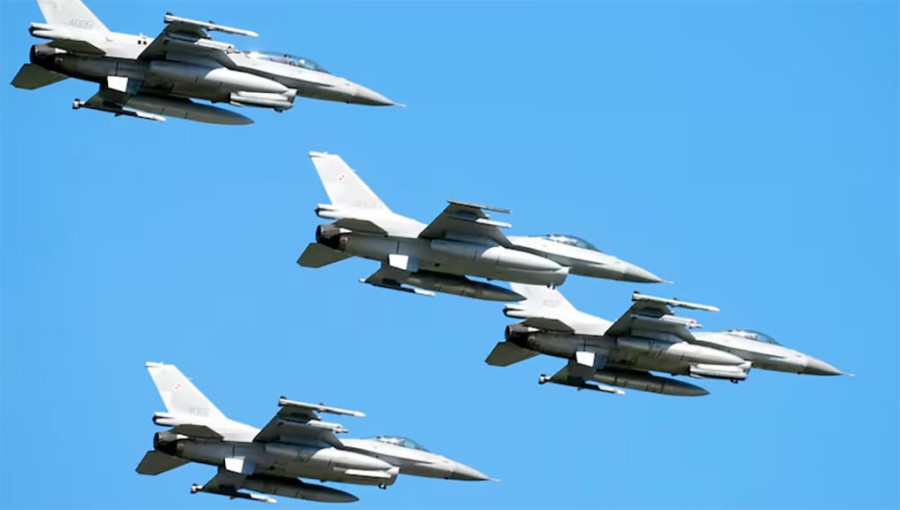
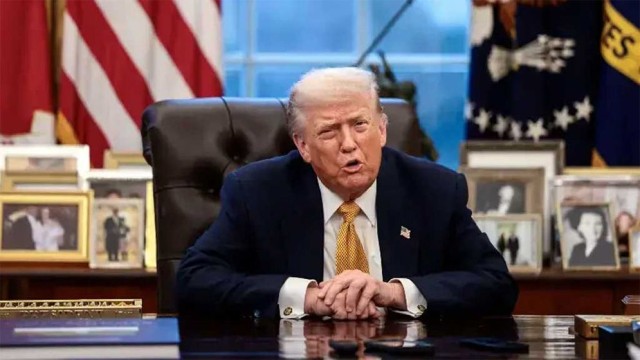
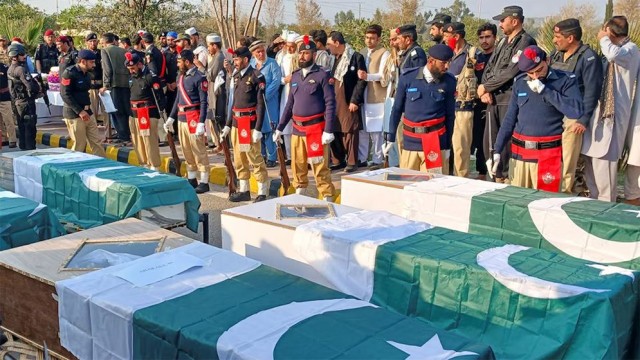


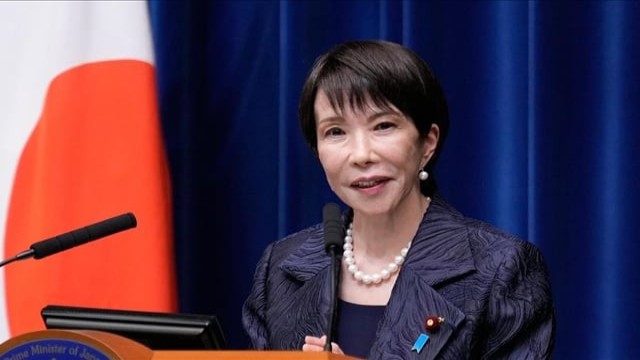




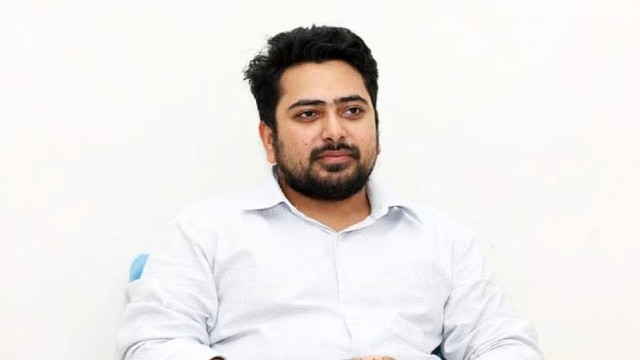

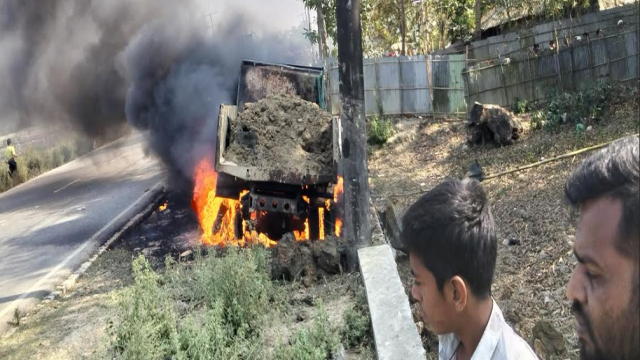
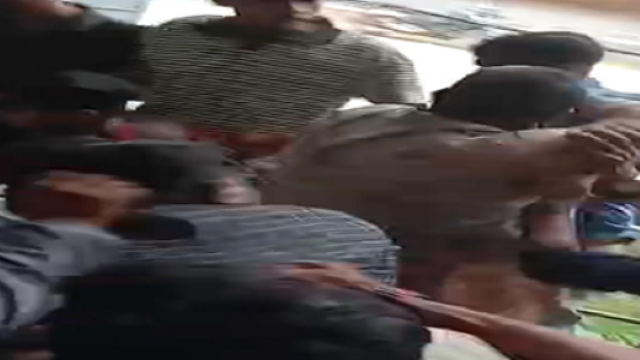
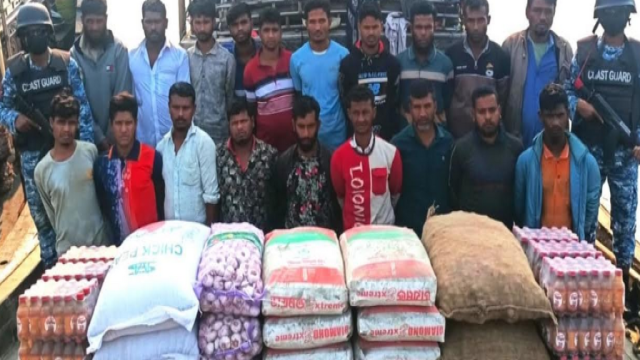




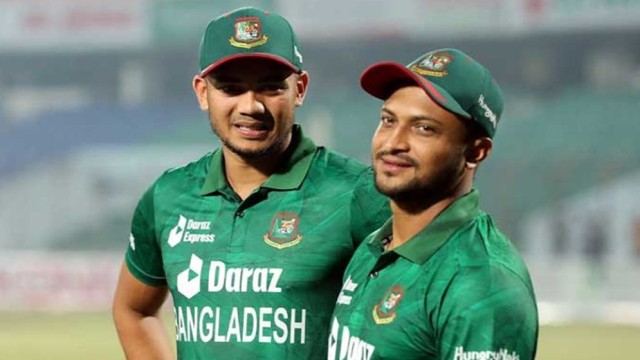
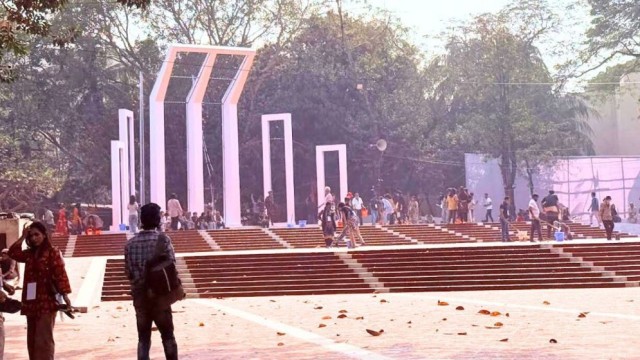
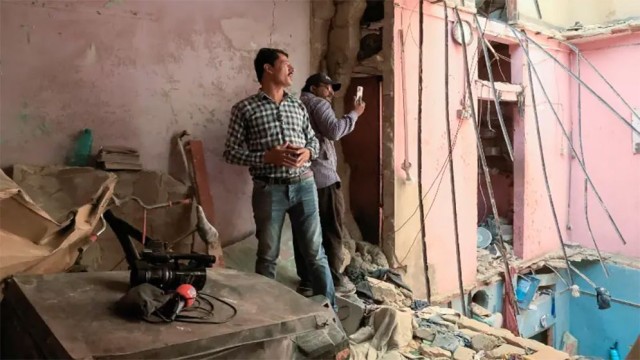

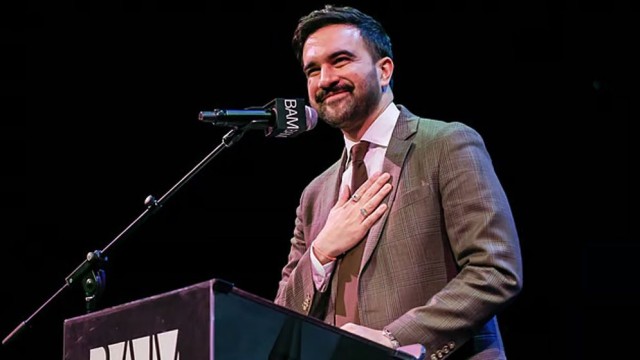
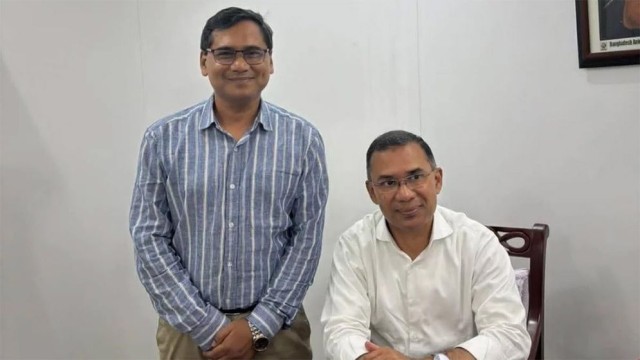
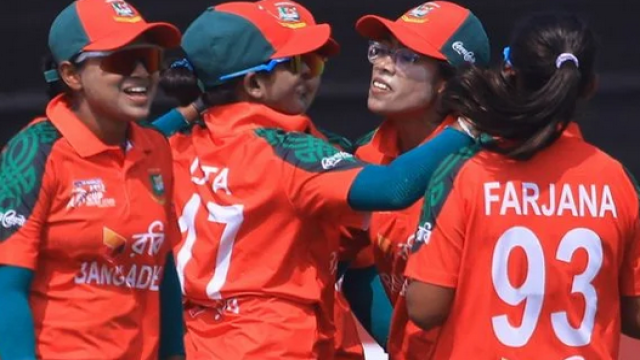
Comment: